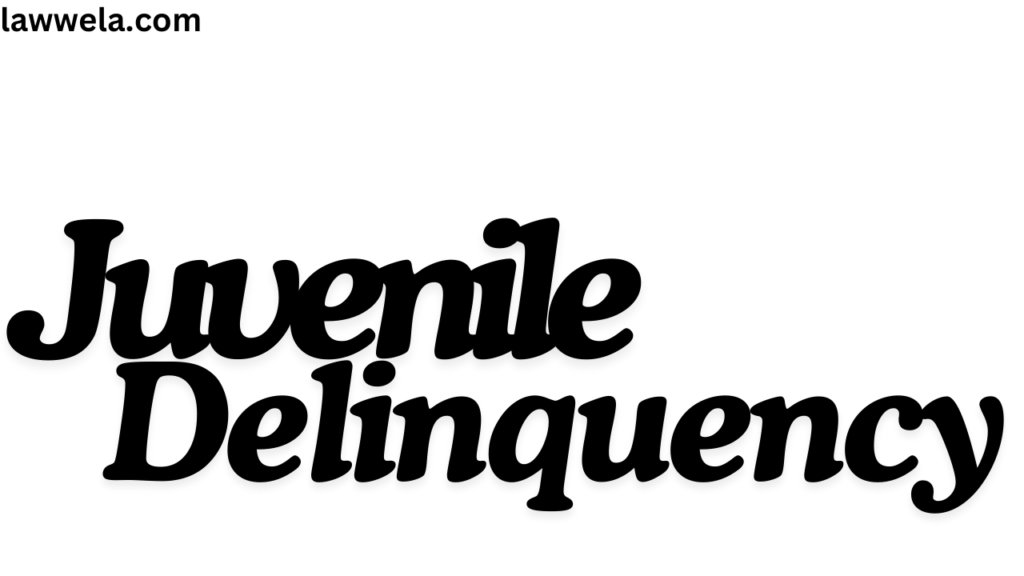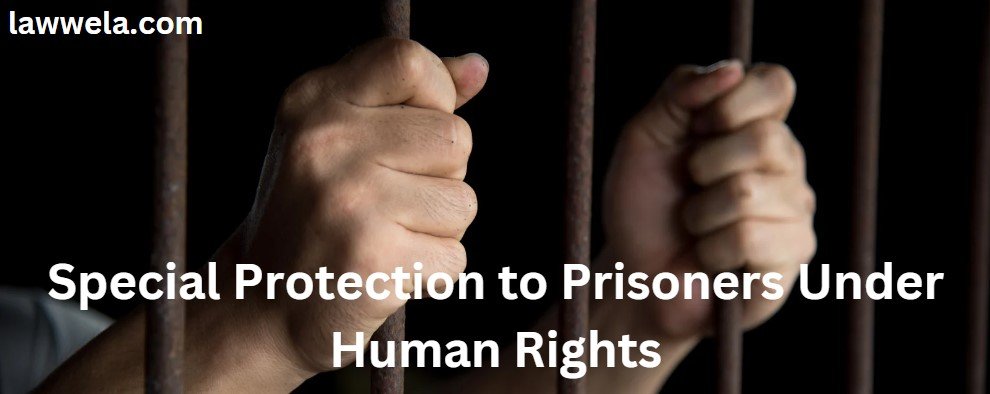Juvenile Delinquency in India
Juvenile delinquency is a term that is used for a minor when he indulges in illegal and harmful activities. For handling these types of offenders there is the juvenile justice system, juvenile detention system, and juvenile courts. In this system, they have different thoughts that these types of young offenders need to be handled differently than adults. Under the age of 10 to 17 as minors, the justice system can charge minors if the crime is grave.
Meaning of delinquency
The word delinquency is derived from the Latin term “deliquere” which means de i.e. “away and linquere” which means to leave or abandon, which means when a parent neglects or abandons their children. Nowadays it applies to all those children who are involved in criminal activities.
Who are juvenile delinquents?
Under section 2 (k) of the Juvenile Justice (care and Protection of Children) Act 2000. Under the age of 18 children are taken as child delinquents who have committed a criminal act.
Definition of delinquency
In general, it means that a youngster is seen to be delinquent if they don’t fulfill certain social obligations that the community expects of them. Juvenile delinquency is a behavioral problem that is often characterized as “a child trying or pretending to act like a grown-up or adult”. The action of the child can be seen as childish foolish behavior but it can cause serious worry and concern. A delinquent child and a normal are different. Delinquency is generally shrouded in a cloud of ambiguity and misunderstanding, and there is no universally recognized definition of it. In addition to the offenses covered by the criminal statutes, the first juvenile delinquency law, established by the State of Illinois in 1899, identifies numerous specific types of delinquency.
Kinds of juvenile delinquency
- Late-night outings without the permission of parents or guardians.
- Bunk from the school.
- Private or public property damage by them.
- Creating violence in society by using knives guns etc.
- Criminal assault or related offences done by them.
Eaton and Polk classify the delinquents by the various kinds of offenses such as:
- Traffic violations include driving without a license, drunk driving, and any other such offense.
- Automobile theft, uncontrollable behavior, and some minor traffic violations.
- Addiction to drugs and alcohol.
- Violations related to the property include all property thefts.
- Gang-Organized Delinquency
According to this classification, youngsters form groups and do their illegal activities within a group. These juveniles, who come from underdeveloped areas and frequently express themselves and try to accomplish their goals through their gang, frequently feel frustrated by their failure to fulfill the aims of the middle class.
Unsocialized Delinquents
Delinquents classified in that category would have criminal records and generally come from homes where they were neglected and rejected. They had seen hate and aggression within the homes and families; it is often transmitted to these children and by that time they become very aggressive. These delinquents do not be taught how to control their impulses in a socially acceptable manner.
Accidental Delinquency
In this category, delinquents would be obedient most of the time but have a lapse of judgment. They accidentally involve themselves in delinquent activity. These delinquents are a problem to anyone because their delinquent behavior comes to an end when they realize what he has done or when they have been caught in delinquent activity.
Powers of Juvenile Justice Board
The board has all the power given by the code of civil procedure, metropolitan magistrate, or judicial magistrate first class. Criteria for the selection as a member of the juvenile justice board are given under section 4 (4) of the act.
The person is not eligible if they did any of these offences-:
1- if they have any record of violation of human rights or child rights
2- Were convicted of an offense that involved the ground of moral turpitude.
3- Were removed or dismissed from the services of:
Either the Central Government or the State Government
4- An undertaking/ corporation owned or controlled by the Central Government or the State Government
5- Have ever indulged in the acts of:
a- Child abuse
b- Child labor
Members’ training for the juvenile justice board is given under section 4(5) of the JJ Act. The time duration for the training should be 60 days from the date of appointment. Tenure for the board is given under section 4(6).
Termination and disqualification
According to Section 4(7) of the JJ Act, 2015, the State Government may dismiss any Board member’s appointment following an investigation if they were found guilty of abusing the authority granted to them by this Act; or failed to consistently attend the Board’s meetings for three months without a good reason; or failed to appear at more than 34 of the sittings in a year; or have, while serving as a member, acquired the ineligibility described in subsection 4.
The function of the Juvenile Justice Board
- Ensure that the child and the parent or guardian participate in the process with information.
- Ensuring the child’s rights are protected during the arrest, investigation, aftercare, and rehabilitation processes.
- Ensuring that the child has access to legal aid through various legal services organizations.
- Ensuring that children can access legal aid through various legal service organizations
- Directing a social inquiry into the situation is conducted by a probation officer, child welfare officer, or social worker. Additionally, instructed them to submit the report within 15 days of the initial production before the Board.
- Adjudicating and concluding cases involving minors who have violated the law by the procedure described in Section 14
- Issuing an end-of-case resolution that includes a personalized care plan for the child’s rehabilitation. A follow-up by officers or an NGO is also included in this.
- Investigating to determine that a certain person is qualified to care for the child is against the law.
- Conducting monthly inspections of residential schools for children who have broken the law and advising various actions to raise the standard of services offered.
- Directing the police to file an FIR if a crime is committed against a kid that is against the law.
- Conduct routine inspections of adult-only prisons to see if any children are being held there.
Conclusion
Exploiting children is the main cause of children. Child abuse is a serious problem because it indulges them in wrong activity which is harmful to society. the state must protect children’s rights and protect them from mental and physical torture. by protecting them from society we can control wrongful activity which was done by juveniles.




Pingback: What are the Offences against State -